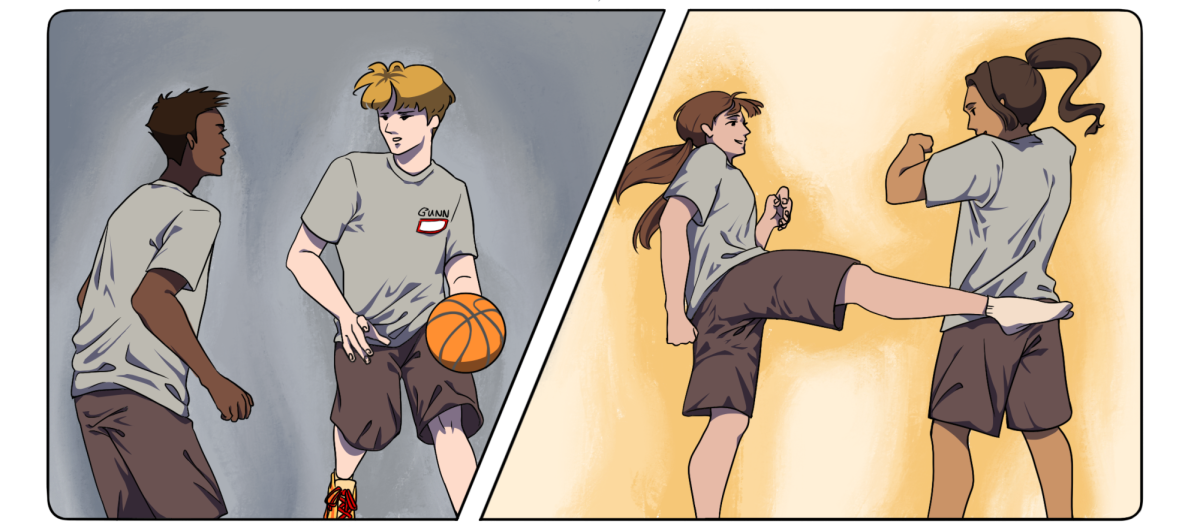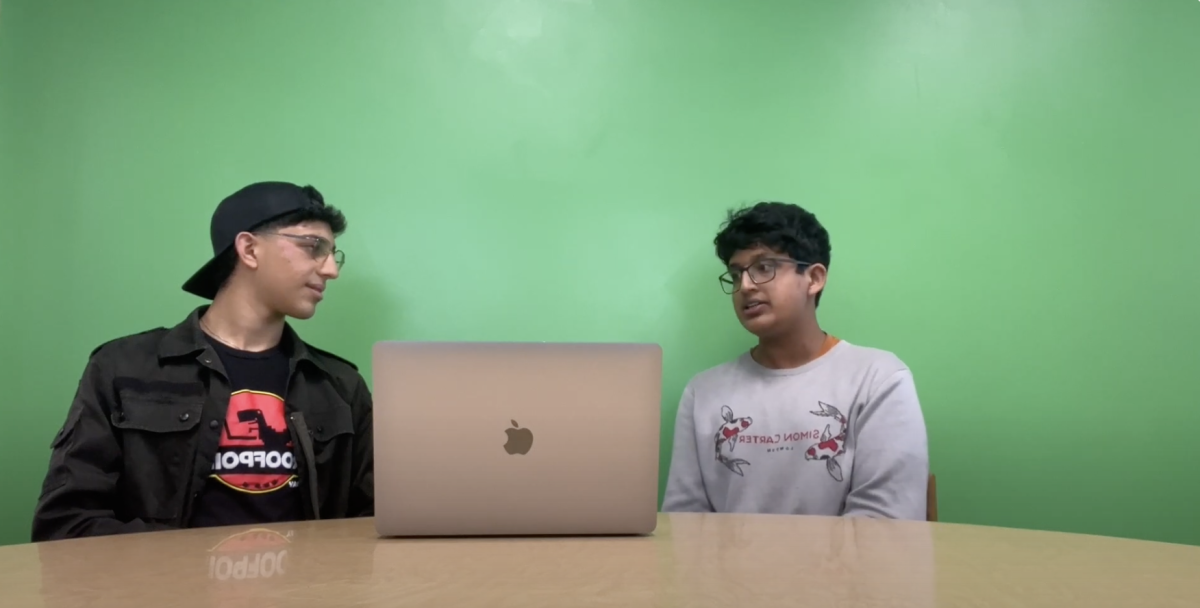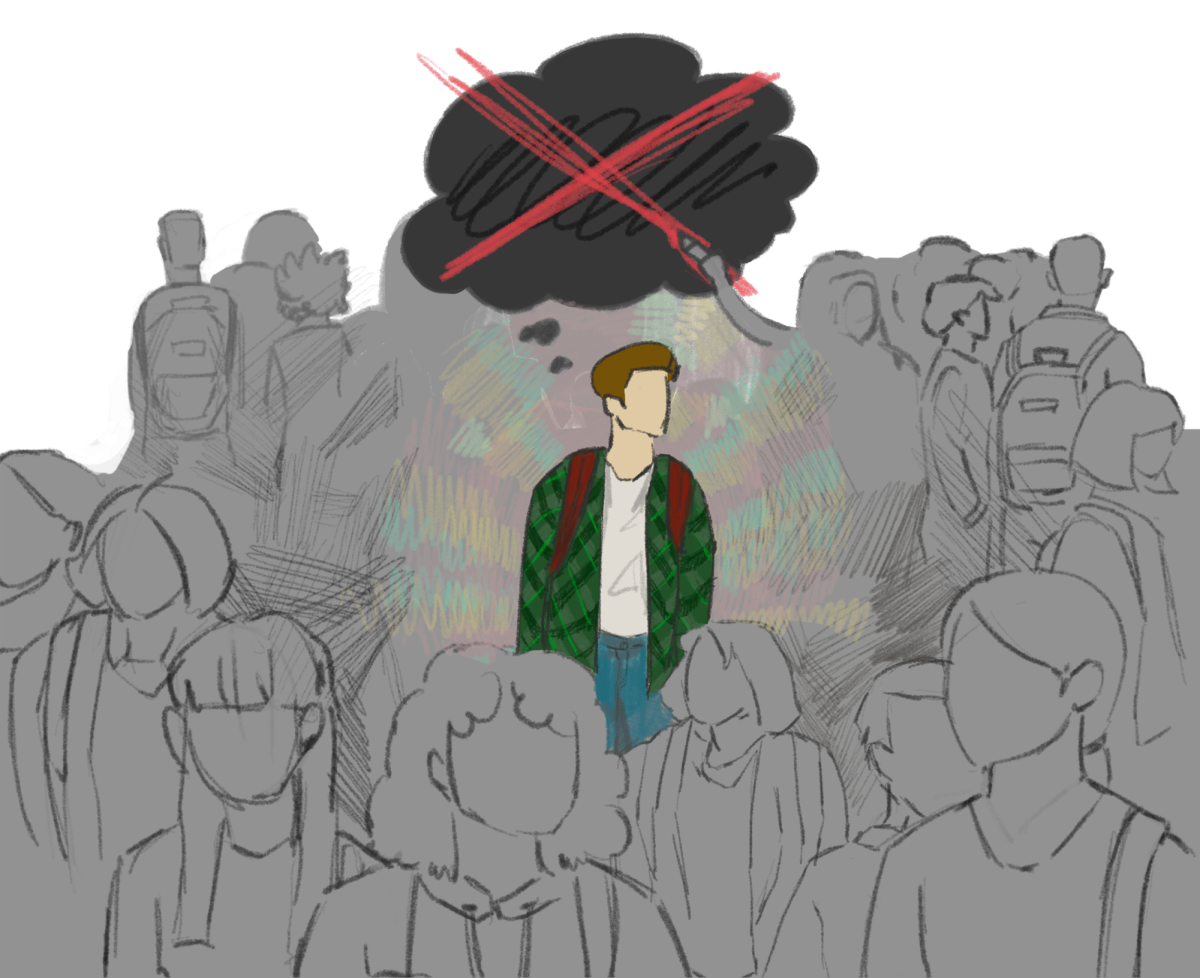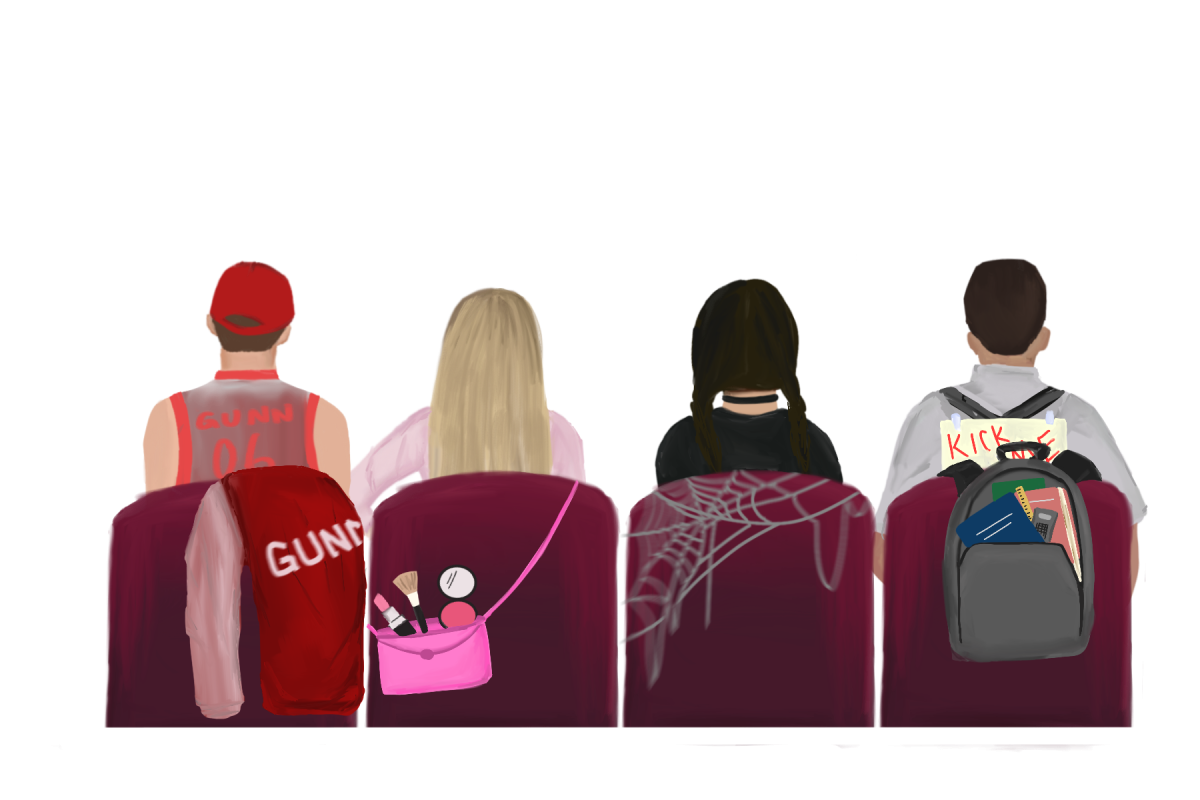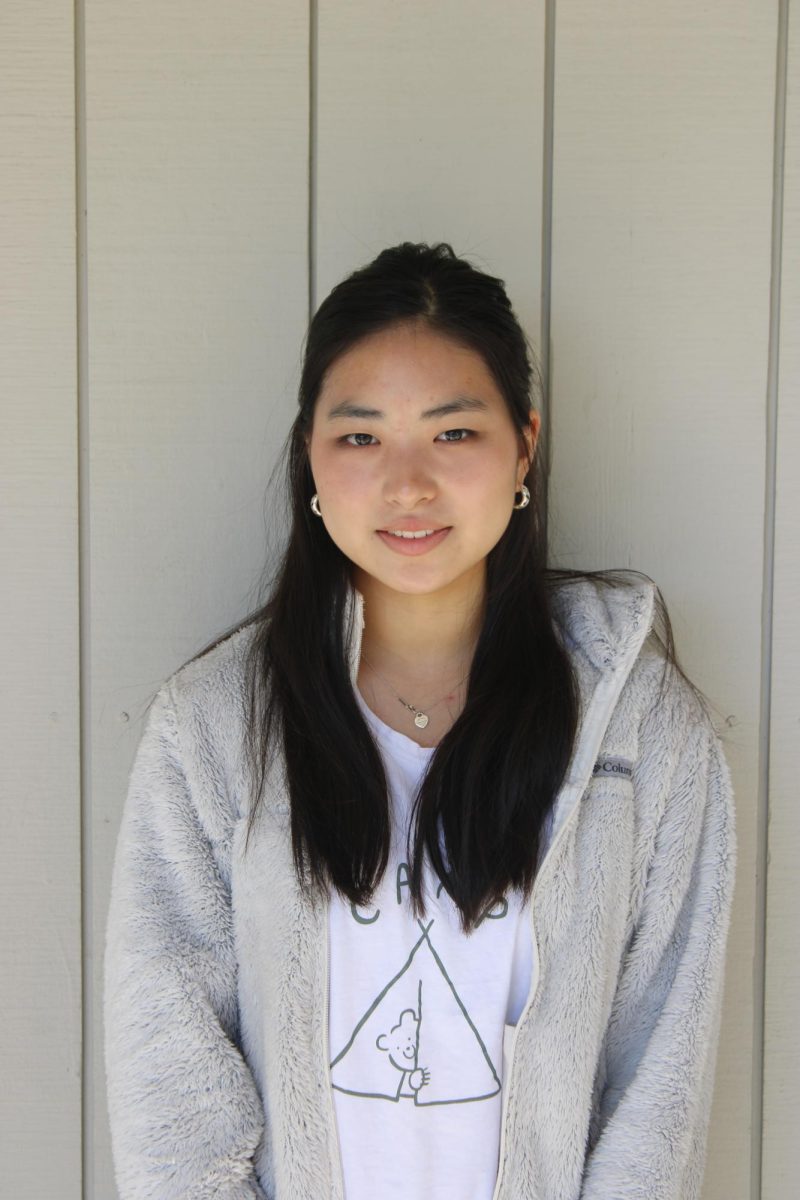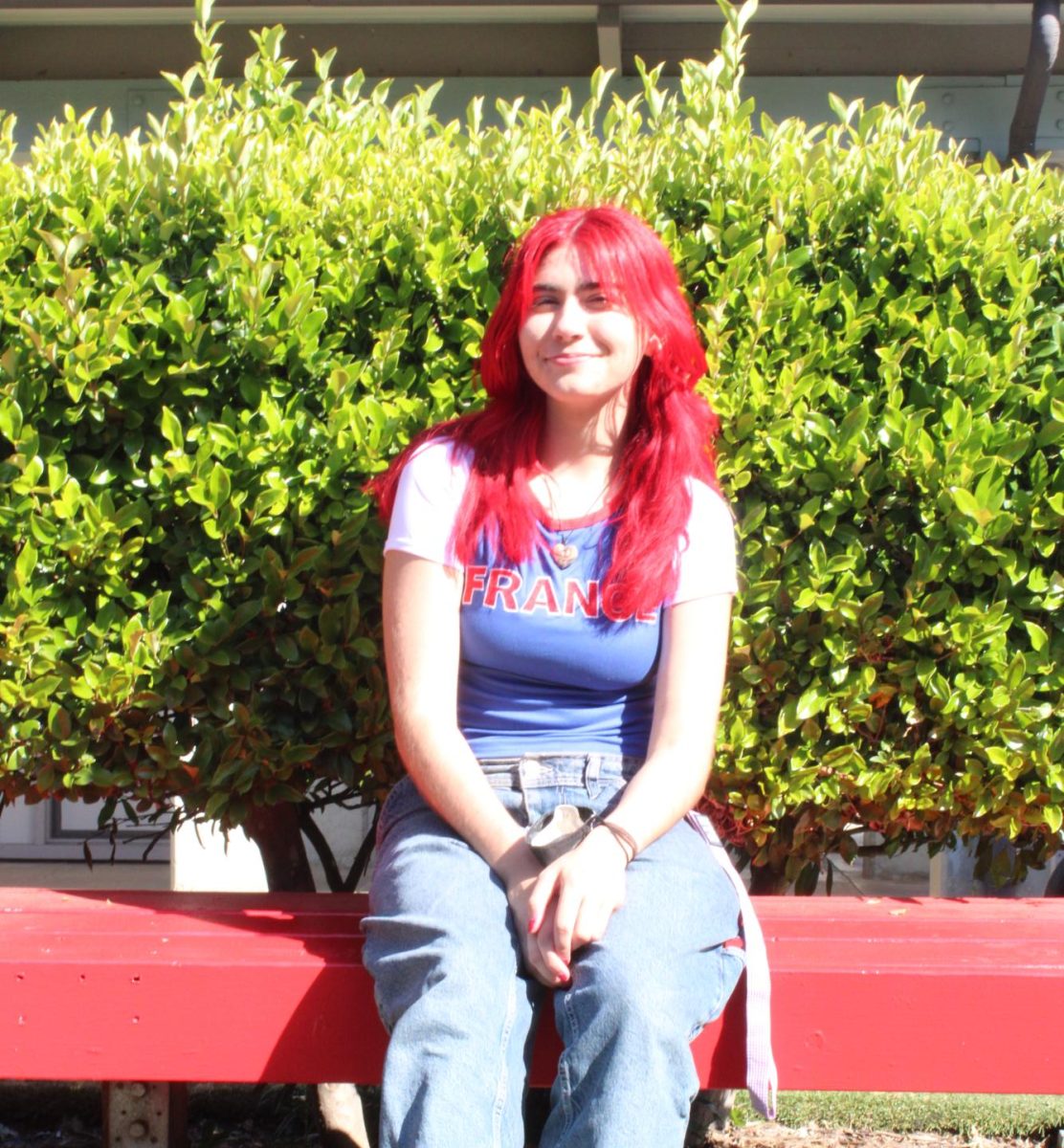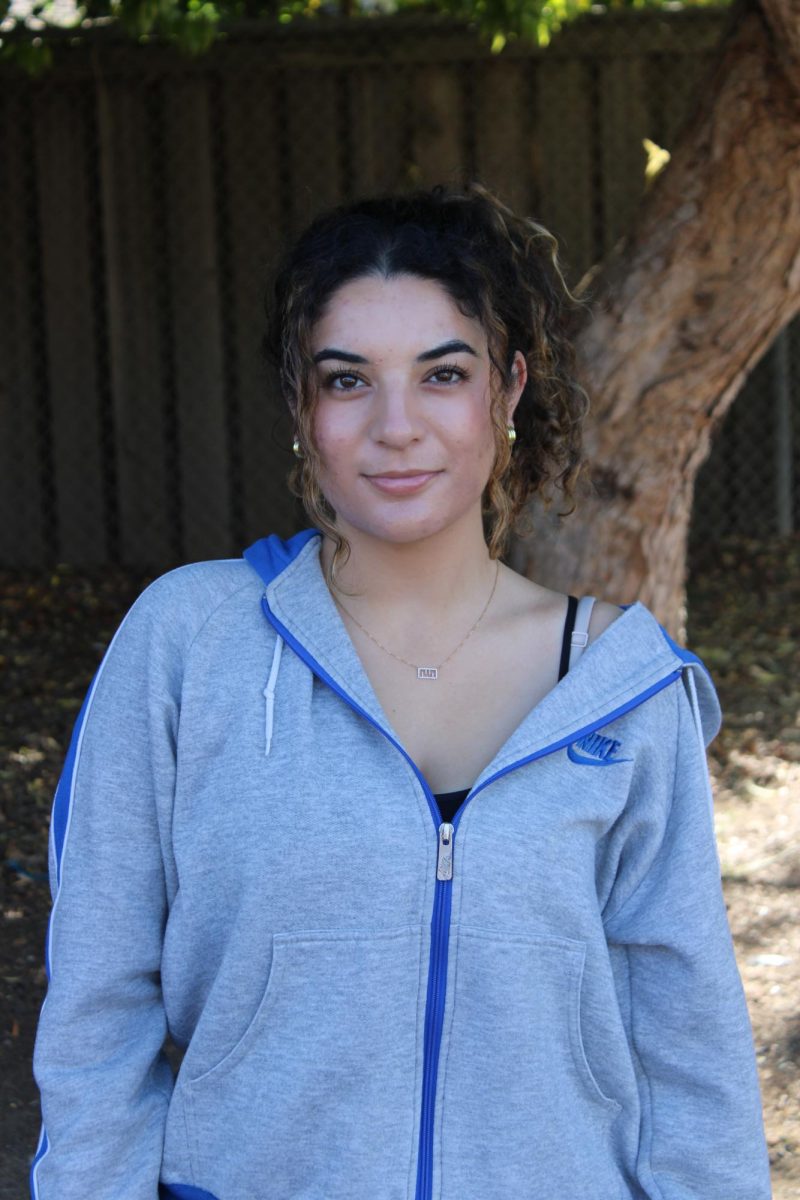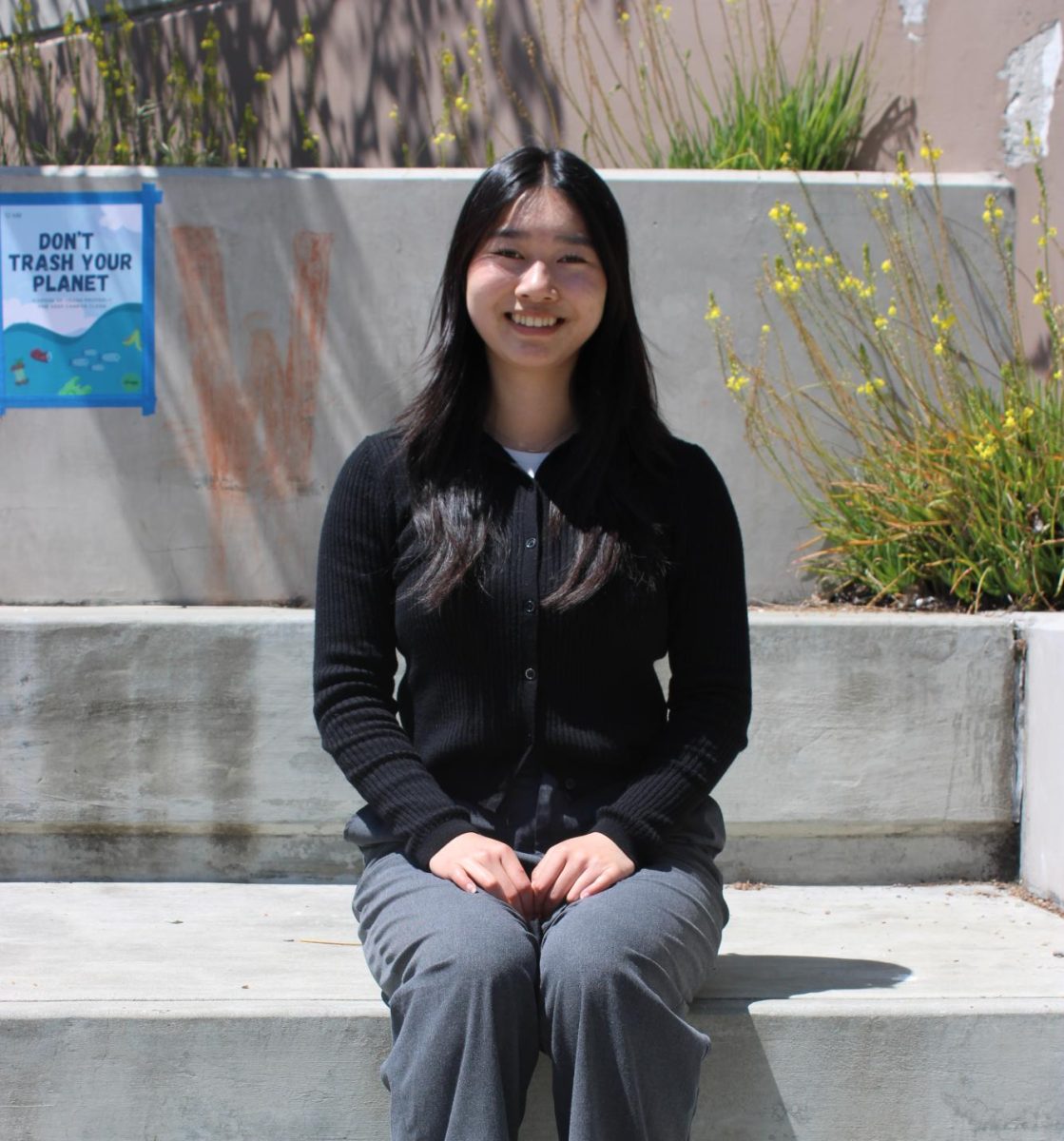written by: Sohini Ashoke
In our current day and age, Snapchat is undoubtedly one of the most relevant social media apps out there, especially for teenagers. In fact, it is the second most used social media app for teens according to the Associated Press-National Opinion Research Center at the University of Chicago. A common feature, introduced in 2015, is the concept of a “Snapchat filter.” This is a face-altering program that can make a multitude of changes; some of these include dog features, a smushed face or transforming the user’s face into various animals. However, these filters come at a price, as they distort beauty standards and are harmful and inadvertently racist. Snapchat filters are problematic because they promote and enforce the current Eurocentric standard of beauty, creating unachievable beauty standards. Snapchat has also used offensive filters such as blackface and yellowface.
The history of a Eurocentric standard of beauty dates back to European colonization. Now, no matter what part of the world you are in, the prevalence of a Eurocentric standard of beauty is unavoidable. Whether one is watching a “Fair and Lovely” commercial in India or seeing naturally dark-skinned celebrities like Beyoncé being blatantly whitewashed in magazines, this disgusting and racist standard has become globalized. It also stems from a racist value that the white race is superior in intelligence and attractiveness, another viewpoint stemming from early European colonization. The reality is that this standard of beauty is extremely damaging to people of color. While Snapchat filters are not a direct cause of racism, their popular whitewashing filters are subtly furthering racist beauty ideals.
The most popular Snapchat filters, or the conventionally “pretty” ones, are racist because their effects change one’s facial features to common Caucasian characteristics. These changes include lighter skin, slimmer noses, pinker lips and cheeks and lighter eyes and hair. Filters like the dog, flower crown, gold butterfly, heart crown and kitten are all created for the sole reason of enhancing the Snapchat user’s physical appearance and alter an individual’s features to uphold a standard of beauty only held by one race. Snapchat should not be promoting this conventionalized Eurocentric standard of beauty; they are an extremely influential app and should use their power to change systemic issues instead of promoting them.
Another problematic issue among Snapchat filters is their anime filter and the Bob Marley filter. The anime filter was extremely and indisputably racist as it thinned the user’s eyes and depicted the stereotypical Asian face. The Bob Marley filter, released on April 20, 2016, was a blatant usage of blackface as it darkend the user’s face in order to represent Bob Marley, a Jamaican musician.
Snapchat filters can also be detrimental to people who fit the Eurocentric standard of beauty. Most of the “pretty” or conventional features listed before also alter user’s features in other ways, such as face slimming, lip plumping and teeth whitening. These changes only reinforce the message that one needs to modify their appearance in order to be perceived as attractive.
The truth is that social media and advertisements in our lives play a big role in the way we view ourselves and what we consider to be attractive or not. According to a Teen People Magazine survey, 69 percent of young girls said that the media was the most prominent factor in deter- mining their self esteem in terms of their physical appearance. Snapchat, being the second most common social media app used among teens in the United States, has a very direct impact on how users feel about themselves. When all of their popular and conventional filters promote one Eurocentric standard of beauty, they isolate users who do not conform to that standard and can cause them to feel bad about their outer appearance.
An alternate solution to fix the problematic and racist filters Snapchat has is to change the conventional and popular filters to include changes that don’t promote one beauty standard. Instead of making the dog filter about lightening skin and eyes, Snapchat should focus on making the filter keep basic facial feature the way they are. This will in turn promote the new message that you don’t need to alter your face into an unrealistic standard to send a snap.
—Ashoke, a junior, is a News Editor.





